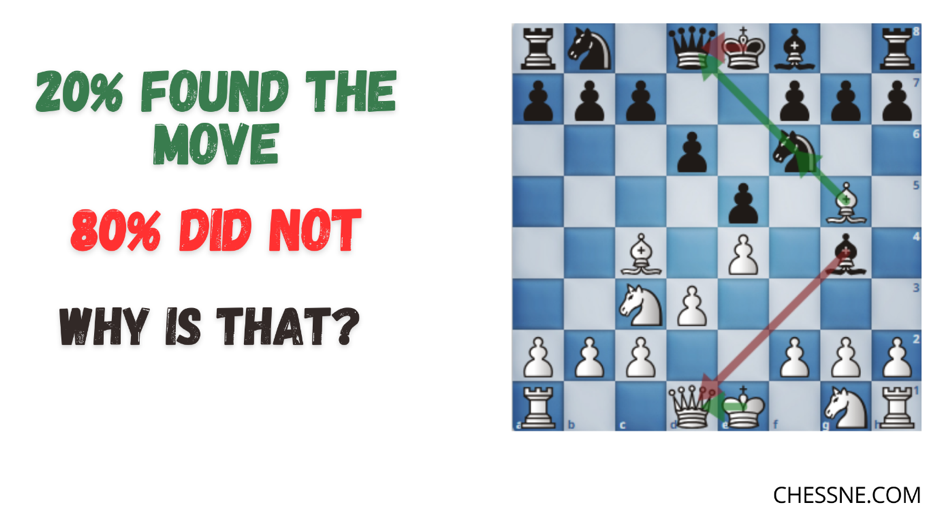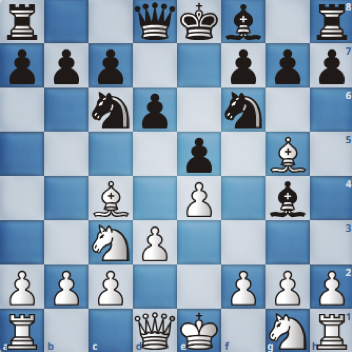
Are you tired of making blunders? Whether you’re just starting or you’re more experienced, the art of chess calculation is a skill that differentiates good players from great ones, as it can boost your game. Below are five reasons why improving your calculation skills can give you a significant advantage.
Predicting Moves
Every move is important. Even a simple pawn move can change the outcome of the game. In this regard, calculation helps you see not just what your opponent might do next, but also what could happen in the following moves. Just like a trader tries to figure out where the market is headed, a chess player needs to spot possible threats and attacks. By calculating moves, you can better defend yourself or build up a winning position.
For example, if you’re thinking about moving your knight somewhere, calculate what your opponent might do after that. If you see that your knight could get attacked, you will end up placing your knight in some sort of sad position or back in the original position which will instead help your opponent in developing more pieces and forming a better position. So, in this case, you should avoid moving your knight.
Gaining Material Advantage
Suppose you have even a slight material advantage i.e. up a pawn or a knight, you should be more comfortable trading your pieces since you will win if you trade the remaining pieces one by one. But if your opponent is an advantage, then you shouldn’t go for trades.
A good example would be, imagine you have a knight and a rook, while your opponent has two bishops. If you can calculate a trade where you swap your knight for one of their bishops, you could end up in a stronger position.
Always think about who benefits most from the trade.
Spotting Tactical Patterns
Chess is loaded with intense tactics and unexpected moves that can give you the upper hand. Good calculation helps you catch these chances before they disappear. Like, if your opponent’s king is a bit exposed, and you can check them with your queen, calculate a few moves ahead. You might find a way to trap their king or force them to lose material.
Your Turn to Calculate!
Black plays Bg4 attacking the queen directly with the support of a knight at f6, you’re playing White, what is your next move?

According to the chess database, there are a total of 1000+ game players in the exact position and only 20% of people managed to find the right move.
So, have you managed to find it?
If you thought about playing f3 that would block the queen threat and attack the bishop, forcing it to move somewhere else, then you’re in the 80% of the people as it is the most played move here according to the chess database. But it is still not the best move.
The best move here is Bxf6! That is because the 20% of people who got the right move actually calculated the future trades.
If you play Bxf6, your opponent will go for the queen and capture it, but then you also capture your opponent’s queen.
When to calculate?
Calculating chess moves takes effort, so many beginners and intermediate players often stick to basic common-sense moves and skip deeper thinking. Just like a chef adds spices to make a meal tastier, you can improve your games by calculating when it’s important. If you’re concentrating on moving your pieces, you can often skip calculations. But if your pieces are threatened or you see an attack coming, it’s important to calculate to gain an advantage in the game!